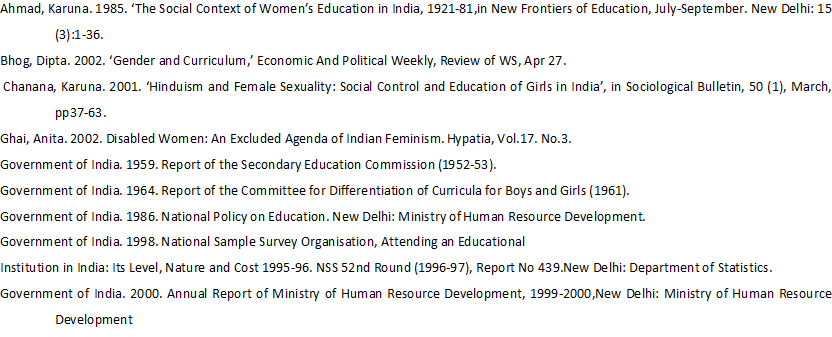OLYMPISM FOR WOMEN AND FUTURISTIC VISION TO MAKE IT MORE EDUCATIONAL
Keywords:
sport managementAbstract
Responding to a call to action from the International Olympic Committee (IOC), the
Ambassadors found creative ways to engage with their communities through projects on the ground, by collaborating with their National Olympic Committees (NOCs), or via social media. The young role models joined the IOC, the United Nations (UN) and a number of other organisations in raising awareness of sport’s universality and positive impacts. Under the banner od ‘Olympism in action’,sports demonstrations, educational, developmental and peacebuilding projects are showcased to show the positive social impact of sport at all levels for the well-being of individuals and communities. Conferences and seminars were also organized under various sections of ‘Olympism in action’. With the help of some inspirational Olympians, the IOC ran an awareness-raising campaign on the ability of sport to help build a better world. Through social media and digital platforms, such as www.olympic.org/idsdp, millions of people
watched, read, and communicated about the power of sport to inspire and unite regardless of differences, to create “superheroes”, or to tackle biases and empower women and girls.

Additional Files
Published
How to Cite
Issue
Section
License
© 2025 International Journal of Behavioral Social and Movement Sciences. All Rights Reserved.
All content published in this journal, including articles, images, and other intellectual property, is protected by copyright law. No part of this publication may be reproduced, distributed, or transmitted in any form or by any means without the prior written permission of the publisher.
For permissions and inquiries, please contact us at: editor@theuniversityacademics.com
License Terms for Publications in International Journal of Behavioral Social and Movement Sciences
By submitting an article to the International Journal of Behavioral Social and Movement Sciences, authors agree to the following terms:
-
License Grant:
-
Authors retain copyright for their work. However, by submitting their work, authors grant the journal a non-exclusive, worldwide, royalty-free license to publish, reproduce, distribute, display, and otherwise use the article in any form and medium (print or digital) in perpetuity.
-
-
Open Access:
-
Articles published in this journal are made freely available to the public under the terms of an open-access license. The journal allows anyone to access, download, copy, distribute, print, search, or link to the full text of the articles.
-
-
Attribution:
-
Authors are required to provide proper citation and attribution to the original article when reusing or referencing content. The attribution should include the author(s), title of the article, journal name, volume, issue, and publication year.
-
-
Reuse of Material:
-
Authors may reuse their published work for non-commercial purposes, including reprinting in other publications or personal websites, provided proper attribution is given to the original publication.
-
-
Creative Commons License:
-
The journal may publish articles under a Creative Commons Attribution 4.0 International License (CC BY 4.0), which allows others to remix, adapt, and build upon the work, even for commercial purposes, as long as they give appropriate credit to the original author(s).
-
-
Peer Review:
-
The submitted article will undergo a thorough peer-review process, and the final decision regarding publication rests with the editorial board of the journal.
-
-
Withdrawal:
-
Once accepted for publication, articles may only be withdrawn with the approval of the editorial board and must not be published elsewhere in any form without prior written consent.
-












